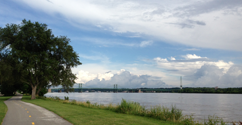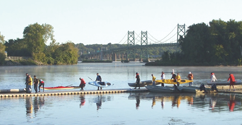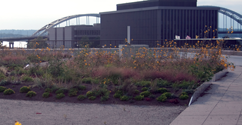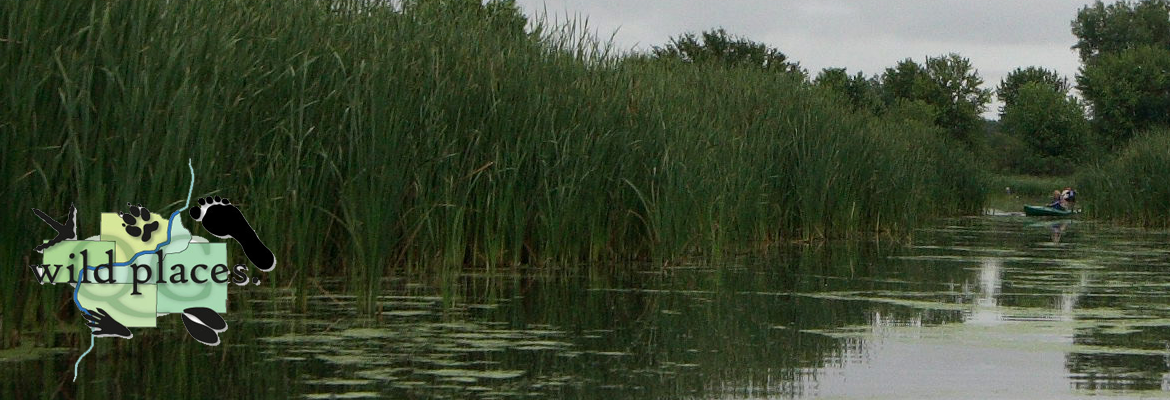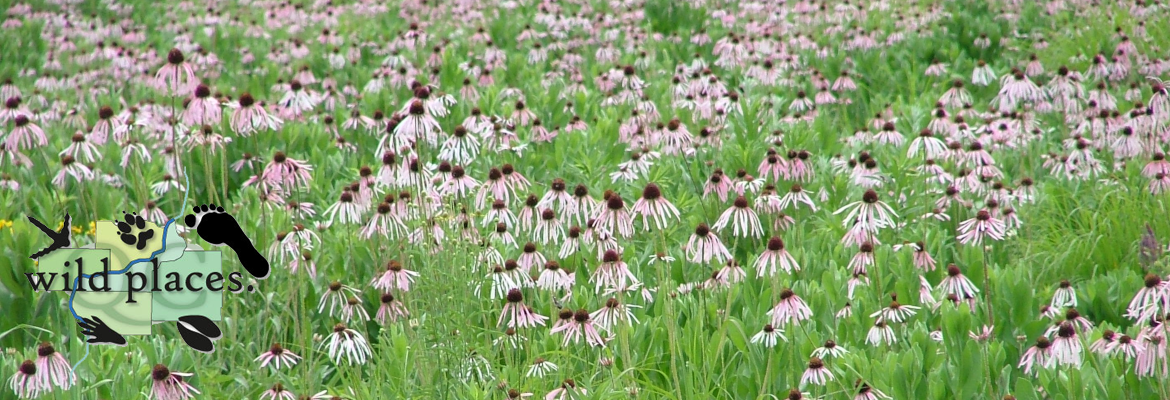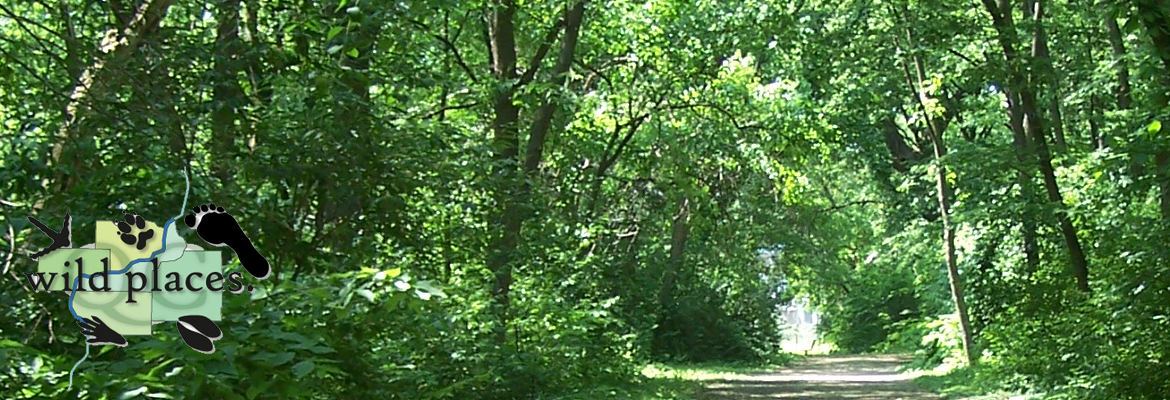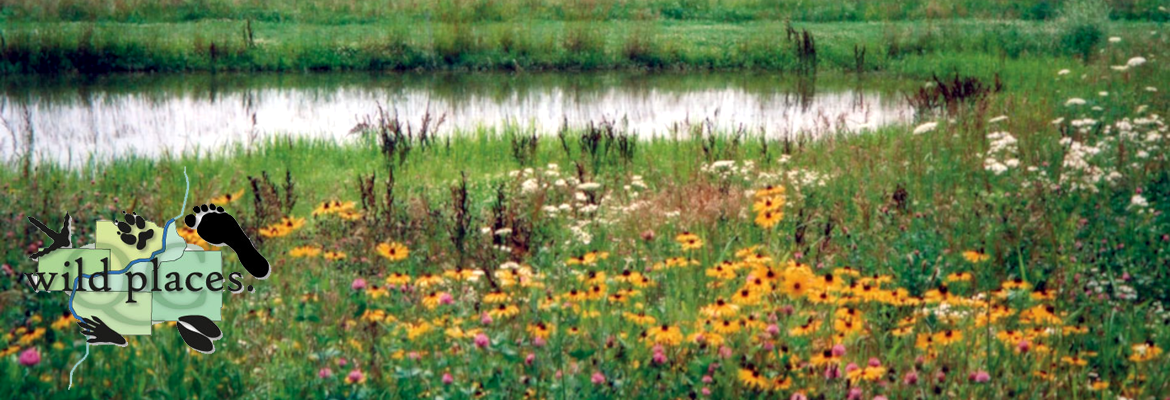Nature thrives in the Midwest, and the Quad Cities region is no exception.
From the Mississippi River and its tributaries, to their floodplain wetlands and backwaters, to the wooded bluffs and upland plains, more than 16,000 acres of publicly accessible natural areas lie within an hour’s drive of the Quad Cities metro area.
The sheer scope of these natural areas is impressive, but their existence may come as a surprise to even the most avid local naturalists. Many of our best natural areas have been overlooked in favor of promoting our riverfronts and traditional tourist attractions – but "the times they are a-changin'."
Eco-tourism and nature-based recreation is flourishing. The International Ecotourism Society defines ecotourism as "responsible travel to natural areas that conserves the environment
and improves the welfare of local people."
Since the 1990's, it has been estimated global ecotourism is growing more than 20 percent annually, a rate nearly three times faster than
the tourism industry as a whole.
Instead of planning vacations around popular attractions anchored to the hustle and bustle of world cities, ecotourists are spending time and money off the beaten path. They are seeking experiences of exploration and discovery, including hiking, bird watching, wildlife photography, snorkeling and SCUBA diving, sustainable hunting and fishing, and cultural immersion.
River Action has taken up the call to bring Quad Cities’ region natural areas to the attention of its communities and to foster ecotourism to these amazing resources. This effort is called "QC Wild Places."
With input from the Upper Mississippi River Grant Writers Partnership, River Action has envisioned QC Wild Places as a cooperative partnership to advocate awareness, access, and conservation of the diversity of natural areas within the five-county region of Muscatine and Scott in Iowa and Rock Island, Henry, and Mercer in Illinois. These counties define a region of dozens of protected natural areas encompassing more than 16,000 acres.
In cooperation with public and private land managers, conservation groups, corporate supporters, tourism bureaus, and community leaders, QC Wild Places will promote and support these natural areas, financially and otherwise, in order to better connect people to these resources and cultivate a culture of stewardship.
QC Wild Places will also host a coalition of experts to develop a comprehensive plan to coordinate conservation efforts and promote ecological corridor development throughout the five-county region.



